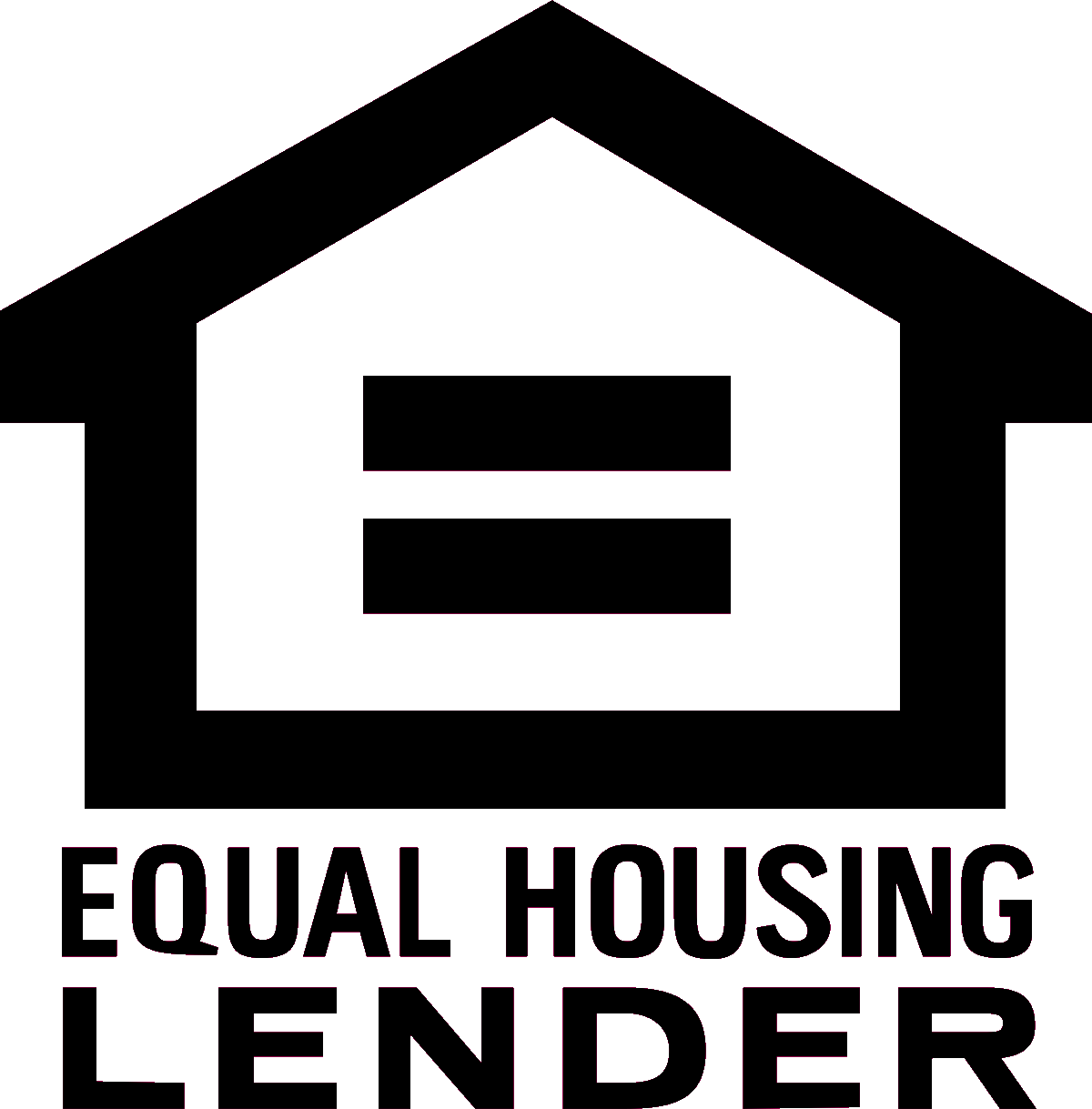Can I qualify for a mortgage after bankruptcy?
 Return to Can I Qualify? library
Return to Can I Qualify? library
Bad things happen - unemployment, divorce, prolonged illness, or death of a spouse. In your financial life, these bad things can result in more bills than you can pay. In extreme situations you may find it necessary to use the bankruptcy laws to reorganize your finances.
While folks file bankruptcy for many different reasons, the common thread is that they were unable to repay their debts according to the agreements with their creditors. This makes prospective creditors more cautious of extending new credit.
In mortgage lending, this caution manifests itself in waiting periods between the bankruptcy and approval for a new mortgage. The length of the waiting period depends on the mortgage program and the your specific circumstances, but in addition to the elapsed time, lenders generally are looking for two things. First, they expect you to reestablish good credit. This can be difficult after a bankruptcy, but check out our article, "You can recover from credit disasters" for suggestions. Second, lenders want to make sure that the situation that led to the bankruptcy is not likely to recur.
All mortgage programs have provisions for extenuating circumstances that can shorten the required waiting period. As this is an exception to the standard loan guidelines, your lender will ask for your help to carefully document that the circumstances were beyond your control. Note that divorce generally is not viewed as a circumstance beyond your control.
So, let's look at the required waiting period for each mortgage program. Note that the waiting periods in the case of a foreclosure or short sale may be longer than for a bankruptcy. If you also lost your home during the bankruptcy, those longer waiting periods may apply (except for Fannie Mae conventional loans).
- Conventional mortgage: In the case of a Chapter 7 or 11 bankruptcy, the waiting period is four years from the discharge or dismissal date. If you've filed for bankruptcy more than once in the past seven years, the waiting period is five years. In case of extenuating circumstances, the lender may shorten the period to two years (three years in case of multiple bankruptcy filings).
For a Chapter 13 bankruptcy, the waiting period is two years from the discharge date or four years from the dismissal date. In case of extenuating circumstances, the lender may shorten the period to two years from the dismissal date. - FHA mortgage: The waiting period is two years from the bankruptcy discharge date. In case of extenuating circumstances, the lender may shorten the period to one year for a Chapter 7 or 11 bankruptcy.
In the case of a Chapter 13 bankruptcy, one year of the payout period under the bankruptcy must have elapsed, and during that time, you must have made all required payments on time. You also must receive written permission from the bankruptcy court to enter into a new mortgage. Unlike other mortgage programs, FHA does not require you to reestablish good credit after the bankruptcy if you choose instead not to open any new credit accounts. However, given that most lenders apply minimum credit scores, this may be difficult to do in practice. It's unlikely your credit score will recover from the effects of the bankruptcy unless you open new credit accounts. - VA mortgage: In the case of a Chapter 7 or 11 bankruptcy, the waiting period is two years from the discharge date. In case of extenuating circumstances, the lender may shorten the period to one year.
In the case of a Chapter 13 bankruptcy, one year of the payout period under the bankruptcy must have elapsed, and during that time, you must have made all required payments on time. You also must receive written permission from the bankruptcy court to enter into a new mortgage. If you have completed the bankruptcy payment plan, the court's permission is not needed. - USDA mortgage: In the case of a Chapter 7 or 11 bankruptcy, the waiting period is three years from the discharge date. In case of extenuating circumstances, the lender may shorten the period to one year.
In the case of a Chapter 13 bankruptcy, one year of the payout period under the bankruptcy must have elapsed, and during that time, you must have made all required payments on time. - Non-conventional mortgage: Some newer mortgage products, called non-qualified mortgages, allow even shorter or no waiting periods after settling a bankruptcy. The trade-offs are higher down payment requirements and higher interest rates, but there are no standard rules like there are for conventional loans. Your best chance for qualifying is to review your particular situation with a mortgage professional.








